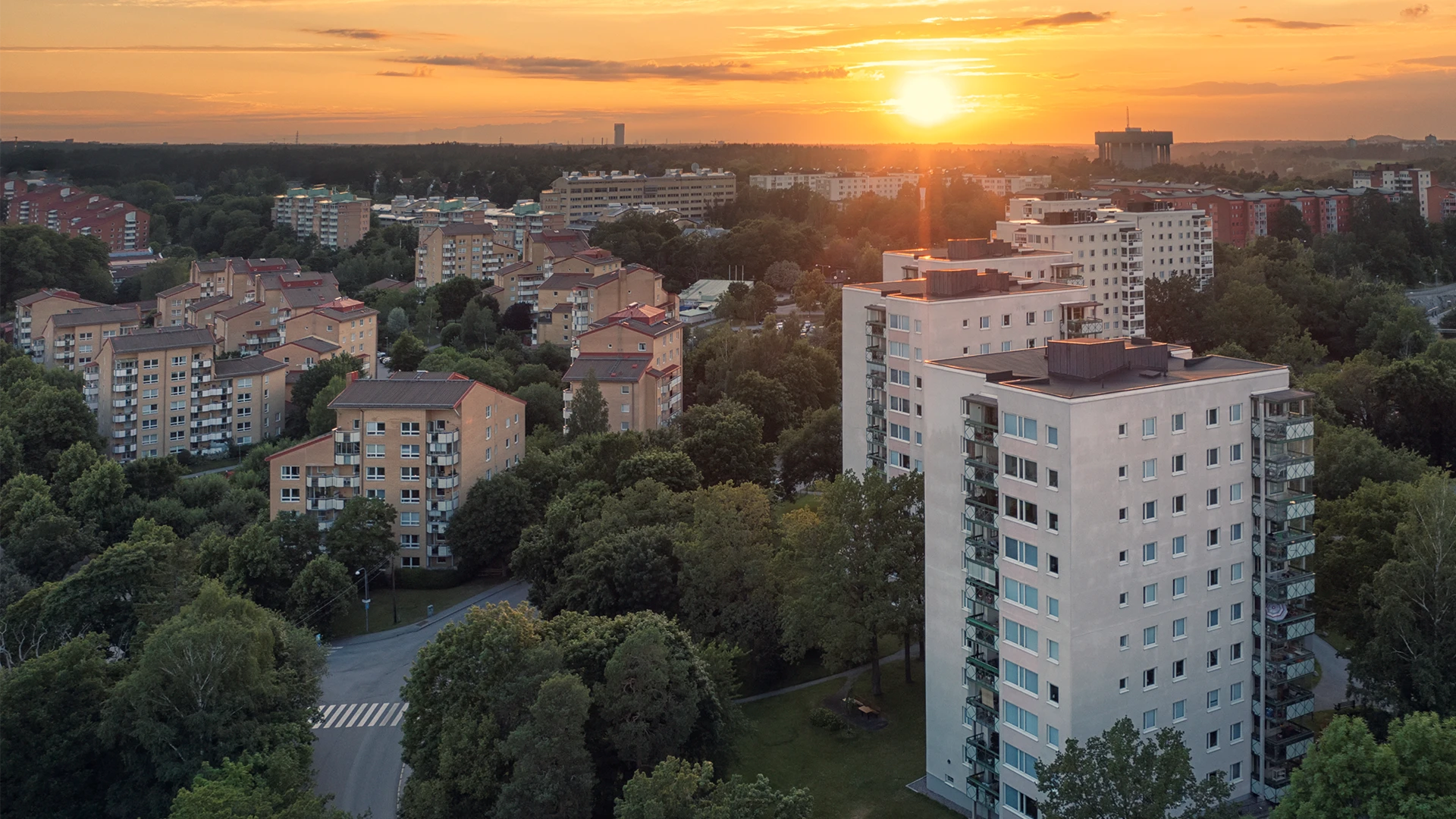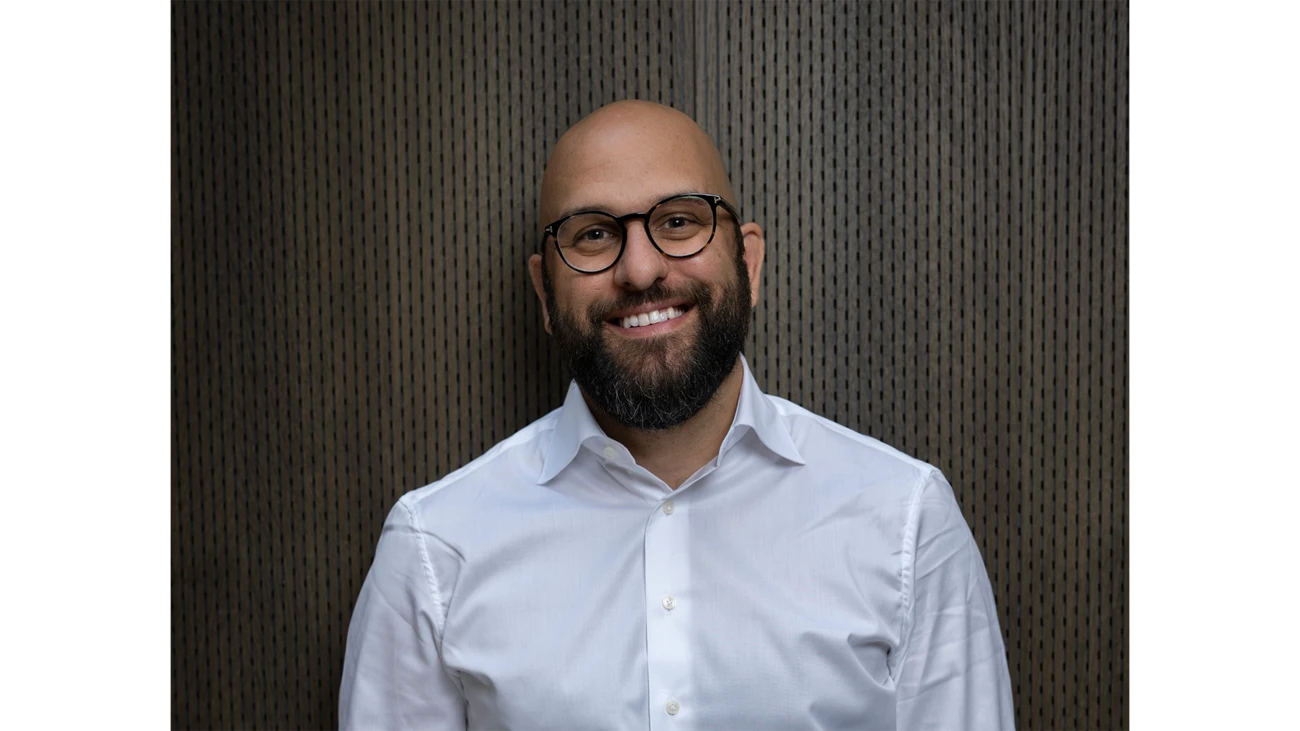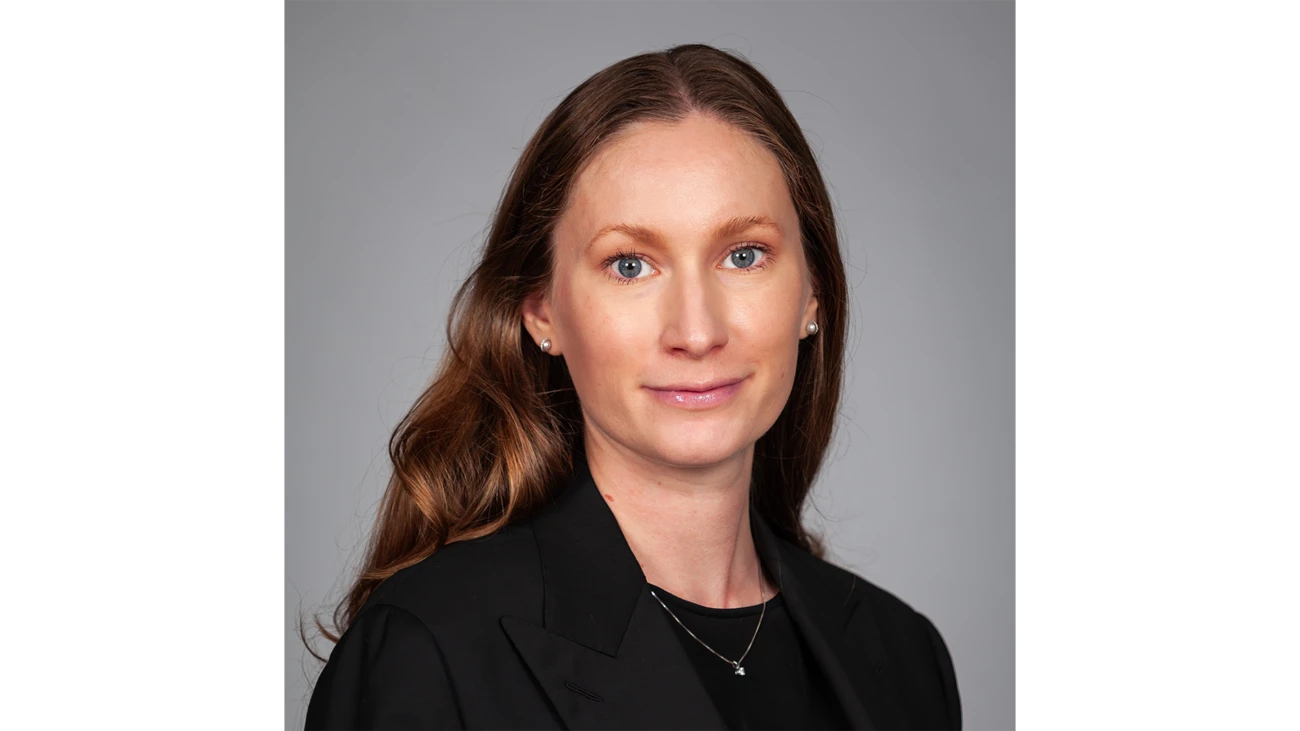
- Name:
- Ebba Ramel
- Title:
- Lead ESG Analyst
SINDI’s innovative social index is helping real estate companies like Bohild align their sustainability-linked financing with tangible social goals through quality-assured data.

At the end of September, the real estate company Bohild established sustainability-linked financing with Nordea. This financing model ties the terms of the loan agreement to relevant environmental and/or social key performance indicators (KPIs) for the company. Bohild’s KPIs specifically focused on energy efficiency and progress within a social index (SINDI Property Score).
While social indices have been used in sustainable financing solutions before, this marks the first time the SINDI Property Score has been used for this purpose. SINDI’s platform facilitates the collection of relevant property data, establishing a baseline across 25 variables that are then aggregated into a social KPI. This approach ensures transparency, reliability and an objective foundation for ongoing reporting. (See SINDI's press release.)
SINDI CEO Poyan Katebi explains: “We created SINDI in response to a clear need within the real estate industry for a structured, objective and comparable method of measuring and analysing social factors. We recognised a gap in the market for a reliable tool that could give property owners and banks insight into how social factors affect both individual properties and areas. SINDI was developed to fill this gap and enhance conventional property analysis by incorporating social metrics. It enables stakeholders to make well-informed decisions that contribute to data-driven societal analysis and increased property value. We call it social intelligence.”

We created SINDI in response to a clear need within the real estate industry for a structured, objective and comparable method of measuring and analysing social factors.
Bohild CEO Filip Gustavsson reflects on the company’s decision to incorporate SINDI into its financing: “Our mission is to develop and manage housing where people can thrive and stay long-term, so social sustainability is a natural part of our business. We also see clear links between good living conditions in an area and a more stable, long-term sustainable business for Bohild. In practice, this means we start from the local context and prioritise presence in our areas to build good, long-term relationships with our tenants. At the same time, we are constantly looking for new ways to understand what truly makes a difference, for example through our work with SINDI together with Nordea. There, we get help to base our efforts on data, strengthening both the quality of management and, most importantly, our tenants’ everyday lives.”
He adds: “SINDI gives us a clearer overall picture by measuring 25 variables. This allows us to identify deviations, see patterns and select focus areas with the greatest potential to make a difference. For us, it’s not about collecting as much data as possible, but about finding a reasonable level of ambition and working more precisely. SINDI helps us complement local presence and experience with concrete, measurable data – so we can prioritise the right efforts.”

SINDI gives us a clearer overall picture by measuring 25 variables. This allows us to identify deviations, see patterns and select focus areas with the greatest potential to make a difference.
Sustainability-linked loans are a financing solution where loan terms are tied to a company’s sustainability goals, incorporating targets in areas such as climate, social factors and governance. The interest rate can be adjusted up or down based on the company’s performance against its defined goals, such as reduced carbon emissions or increased share of renewable energy. This creates a clear incentive for companies to integrate sustainability into their business strategy.
Marika Lood from Nordea’s Sustainable Finance Advisory team says: “We see sustainability-linked loans as a powerful tool to drive the transition towards a more sustainable economy. By offering this type of financing, we can support our customers in their sustainability efforts while contributing to global sustainability goals. It’s a win-win: companies can strengthen their competitiveness, and we as a bank take responsibility for promoting a more sustainable future. We have long worked with financing linked to social factors and initiatives, and we see the SINDI Property Score as a useful tool for linking financing to these goals.”

We have long worked with financing linked to social factors and initiatives, and we see the SINDI Property Score as a useful tool for linking financing to these goals.
Nordea supports the sustainable transition of the real estate sector by offering a range of solutions and products to our large as well as small- and medium-sized corporate customers.


Register below for the latest insights from Nordea’s Sustainable Finance Advisory team direct to your mailbox.
Read more
Sustainability
Amid geopolitical tensions and fractured global cooperation, Nordic companies are not retreating from their climate ambitions. Our Equities ESG Research team’s annual review shows stronger commitments and measurable progress on emissions reductions.
Read more
Sector insights
As Europe shifts towards strategic autonomy in critical resources, Nordic companies are uniquely positioned to lead. Learn how Nordic companies stand to gain in this new era of managed openness and resource security.
Read more
Open banking
The financial industry is right now in the middle of a paradigm shift as real-time payments become the norm rather than the exception. At the heart of this transformation are banking APIs (application programming interfaces) that enable instant, secure and programmable money movement.
Read more